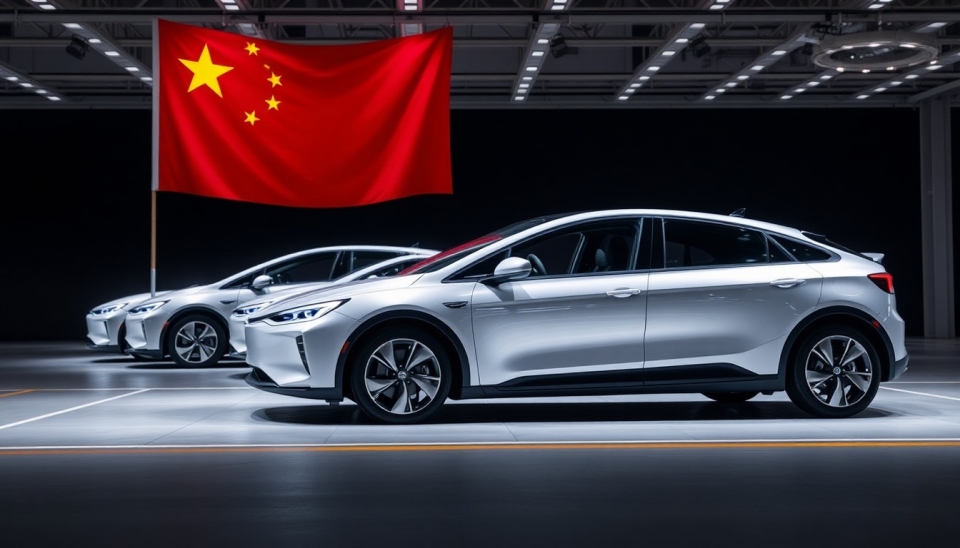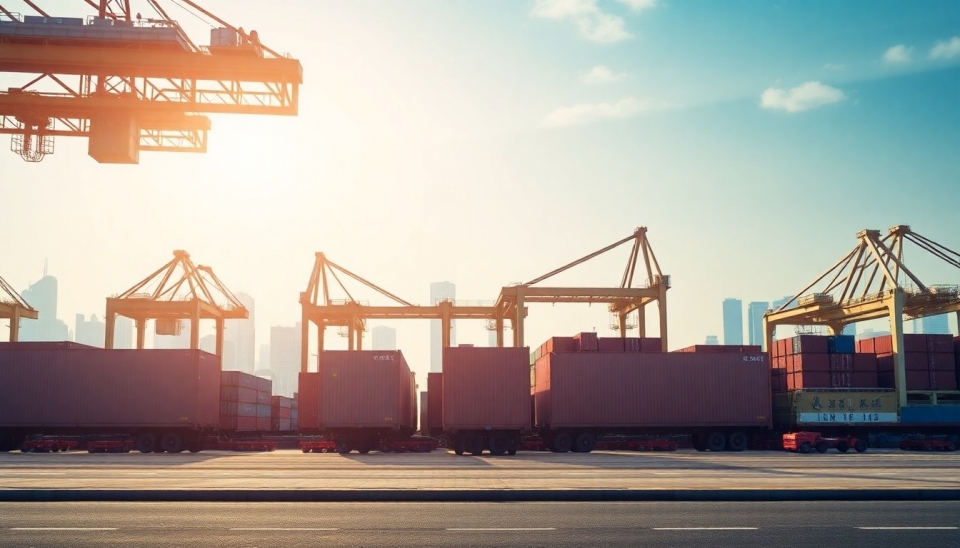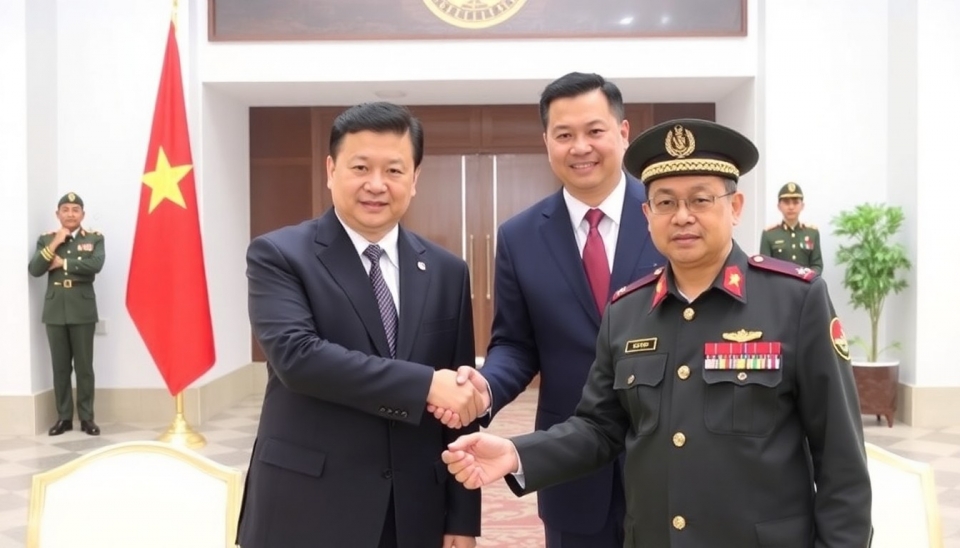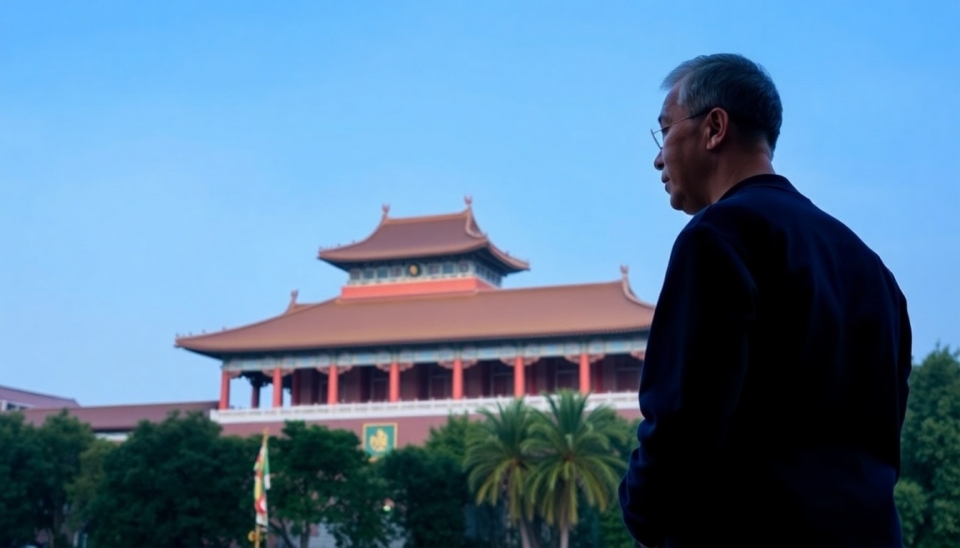
In a significant development, China is tightening its grip on the production ecosystems of major companies like Apple and BYD as they plan to shift manufacturing operations across Asia. This move appears to be a response to a combination of economic pressures, competitive dynamics, and geopolitical factors that are influencing the landscape of technology and automotive production within the region.
Reports indicate that Beijing is implementing new regulations and fostering an environment that could complicate the operational realities for these companies if they choose to relocate their manufacturing capabilities outside China. The Chinese government, keen on maintaining its role as a dominant player in global supply chains, is likely aiming to mitigate risks posed by the potential evacuation of capital and technology as firms explore alternative locations.
Apple, in particular, has been eyeing a diversification strategy that would see its production extend beyond Chinese borders, especially amidst ongoing tensions between the U.S. and China. The tech giant has already begun to ramp up production in countries like India and Vietnam but has now encountered barriers that could slow this process. Regulatory changes and possible incentives for domestic producers are part of a broader strategy to keep foreign businesses integrated within China’s prolific manufacturing infrastructure.
Similarly, BYD, a leading figure in the electric vehicle market, is contemplating expanded production avenues in Southeast Asia. However, the Chinese authorities are likely concerned that the shift could result in diminished influence over the burgeoning EV sector, as well as a potential loss of market share to competitors in regions outside of their control.
On the ground, industries are bracing for a ripple effect caused by these strategic shifts. If successful, China’s maneuvers could reshape partnerships and alter the competitive landscape significantly. Companies reliant on Chinese manufacturing might need to reevaluate their global strategies as they weigh the benefits of accessibility and regulatory support against the potential risks of political and economic uncertainties.
As these tensions unfold, it remains to be seen how companies will strategize around these new challenges. The global community is watching closely, with potential implications reaching far beyond just technology and automotive sectors, impacting trade relations and economic balances across Asia and the world.
Industry analysts believe that unless a resolution is reached or a compromise is found, the reach of these regulatory changes could make it increasingly difficult for companies like Apple and BYD to execute their expansion plans. The situation poses a dire question for many: will the benefits of shifting operations outweigh the hurdles put in place by the Chinese government?
In summary, as China employs its economic levers to shield its interests, foreign companies are now faced with a complex web of decisions that could redefine their operational frameworks across the continent.
#China #Apple #BYD #Manufacturing #TechIndustry #ElectricVehicles #EV #SupplyChain #Asia #GlobalTrade
Author: Emily Collins




